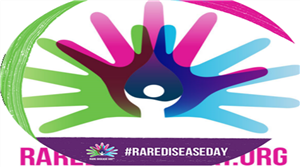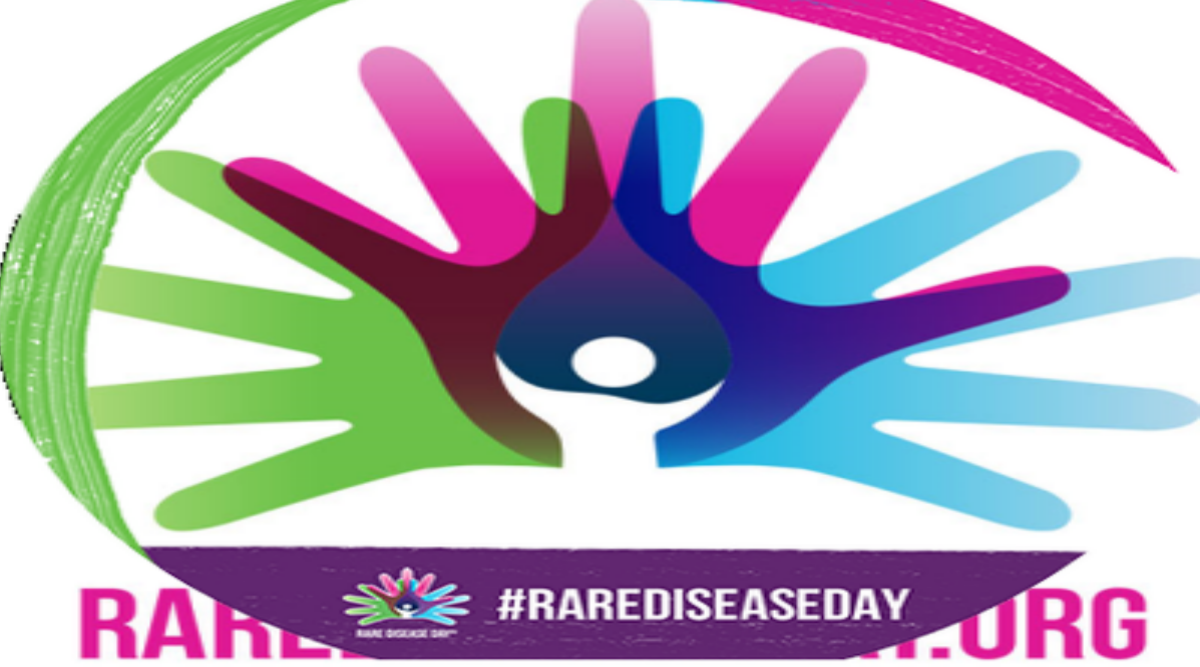Rare Diseases Day: Experts call for more research for patients’ welfare

Indian Society for Clinical Research (ISCR) called upon all stakeholders concerned to invest in research across the spectrum so that patients with rare diseases and their caregivers can look forward to a better life.
There are around 7,000 known rare diseases with an estimated 300 million patients suffering from such ailments worldwide. Most of the 70 million of such patients, who are in India, have either no access to treatment or are left with very limited options for cure.
On Rare Disease Day 2021, the Indian Society for Clinical Research (ISCR) called upon all stakeholders concerned to invest in research across the spectrum so that patients with rare diseases and their caregivers can look forward to a better life.
Rare Disease Day is observed annually on the last day of February to raise awareness among people and decision-makers about rare diseases and their impact on patients’ lives.
Underscoring the need for more research in the field, ISCR President Chirag Trivedi said: “According to the available data, 1 in 20 people live with a rare disease at some point in their lives. A large number of rare-disease patients are living without access to treatment and management of their conditions either because of lack of awareness, appropriate diagnosis and treatment options. This should be a wake-up call for the clinical research community.”
Rare Disease Day is a day to remind researchers, universities, students, companies, policymakers and clinicians to do more study and make them aware of the importance of research for the rare disease community, the experts opined.
“The United Nations 2030 Agenda and its Sustainable Development Goals are addressing the needs of patients that are diagnosed with rare diseases through their pledge to leave no one behind. Furthermore, the future goal of Rare Disease Day over the next decade would be to increase the equity for people living with a rare disease and their families,” a statement, issued by the ISCR, said on Sunday.
“Research can lead to the identification of previously unknown diseases, increase our understanding of diseases, enable doctors to provide a correct diagnosis, lead to the development of new innovative treatments and possibly even a cure, reduce costs for healthcare systems and improve the quality of life of patients and their families,” it added.
Source: Read Full Article
